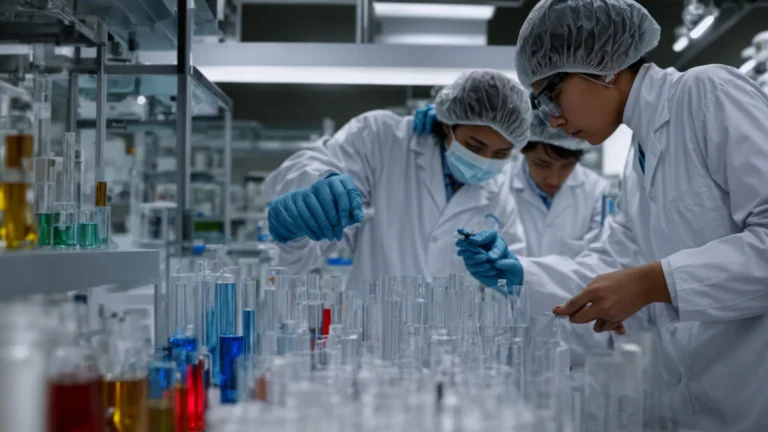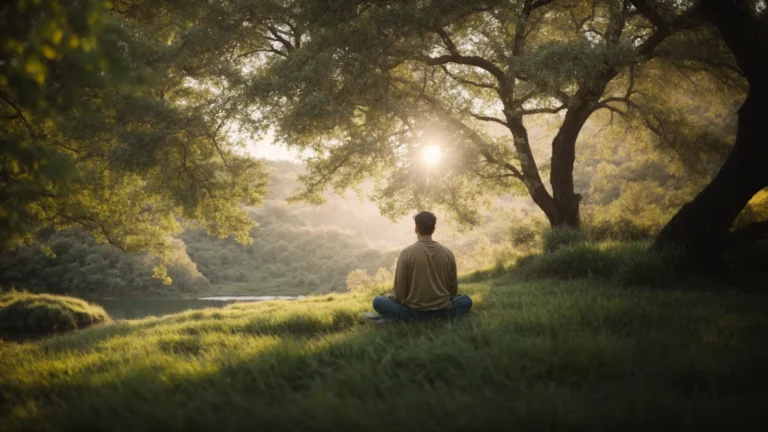Understanding Blue Light Exposure
Blue light is everywhere—emitted from the sun, LED lights, and digital screens. While some blue light is beneficial, excessive exposure, especially from screens, can lead to eye strain and long-term vision issues. Seeing an optometrist in Chicago can help assess the impact of blue light on your eyes and recommend ways to mitigate its effects.
With remote work, online learning, and increased screen time, more people are experiencing digital eye strain. Symptoms like headaches, blurry vision, and dry eyes can often be linked to prolonged blue light exposure.
The Effects of Blue Light on Eye Health
Excessive exposure to artificial blue light can lead to various eye-related problems. Some common concerns include:
- Digital Eye Strain: Long hours in front of screens can cause discomfort, blurred vision, and difficulty focusing.
- Disrupted Sleep Cycles: Blue light affects melatonin production, making it harder to fall asleep.
- Retinal Damage: Some studies suggest prolonged exposure may contribute to retinal damage over time.
- Increased Risk of Macular Degeneration: Blue light exposure may accelerate age-related macular degeneration (AMD).
An experienced optometrist in Chicago can evaluate these risks and recommend protective strategies.
How to Reduce Blue Light Exposure
Simple lifestyle adjustments can help protect your eyes from excessive blue light exposure:
- Use Blue Light Filters: Apply screen filters or use built-in settings on devices to reduce blue light emissions.
- Follow the 20-20-20 Rule: Every 20 minutes, look at something 20 feet away for 20 seconds.
- Wear Blue Light Glasses: Special lenses can help block harmful blue light and reduce strain.
- Limit Screen Time Before Bed: Reduce screen use at least one hour before sleeping to prevent sleep disruption.
- Increase Natural Light Exposure: Spending time outside can help counteract the effects of artificial blue light.
Taking these steps helps maintain eye comfort and reduces the long-term impact of blue light exposure.
When to Visit an Optometrist
If you experience frequent eye strain, headaches, or sleep disturbances, it may be time to visit an eye specialist. Signs you should schedule an appointment include:
- Persistent eye fatigue or discomfort
- Trouble focusing on screens
- Blurry vision after extended screen use
- Dry, irritated, or red eyes
- Difficulty sleeping due to screen exposure
An optometrist in Chicago can assess your symptoms and provide personalized recommendations for managing blue light exposure.
Long-Term Eye Protection
Preventative care is essential for maintaining long-term eye health. Regular eye exams can help detect any early signs of blue light-related damage and ensure your vision remains strong. Additional ways to protect your eyes include:
- Consistent Eye Exams: Annual check-ups help monitor vision changes and detect potential problems early.
- Proper Workstation Setup: Adjusting screen brightness, contrast, and positioning reduces strain.
- Healthy Diet: Foods rich in antioxidants and omega-3s support eye health and reduce oxidative stress.
- Hydration and Blinking Exercises: Keeping your eyes moist prevents dryness caused by prolonged screen use.
Seeing an optometrist in Chicago regularly ensures you get the best guidance on protecting your vision in the digital age.




